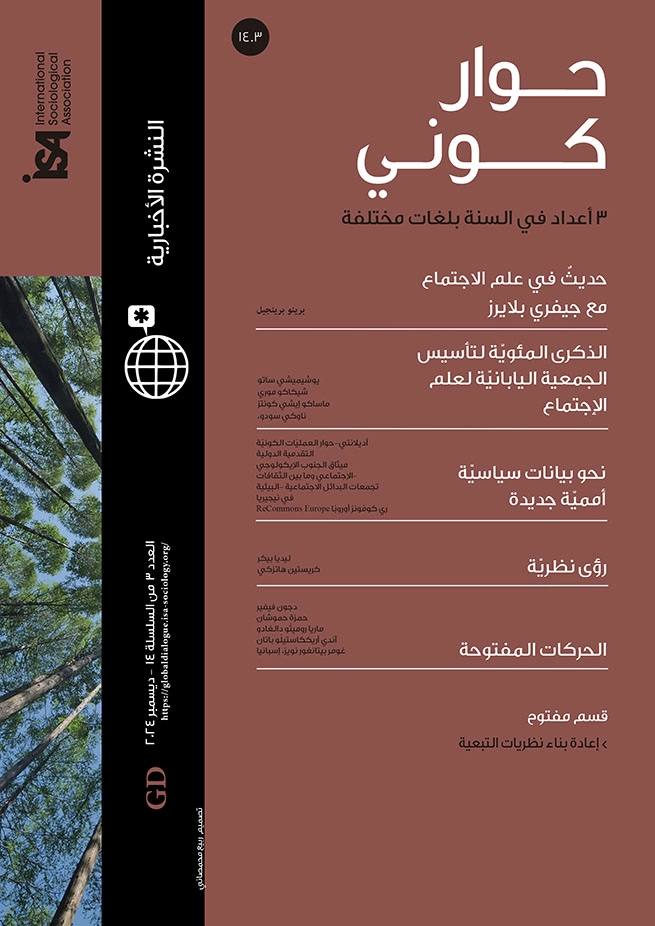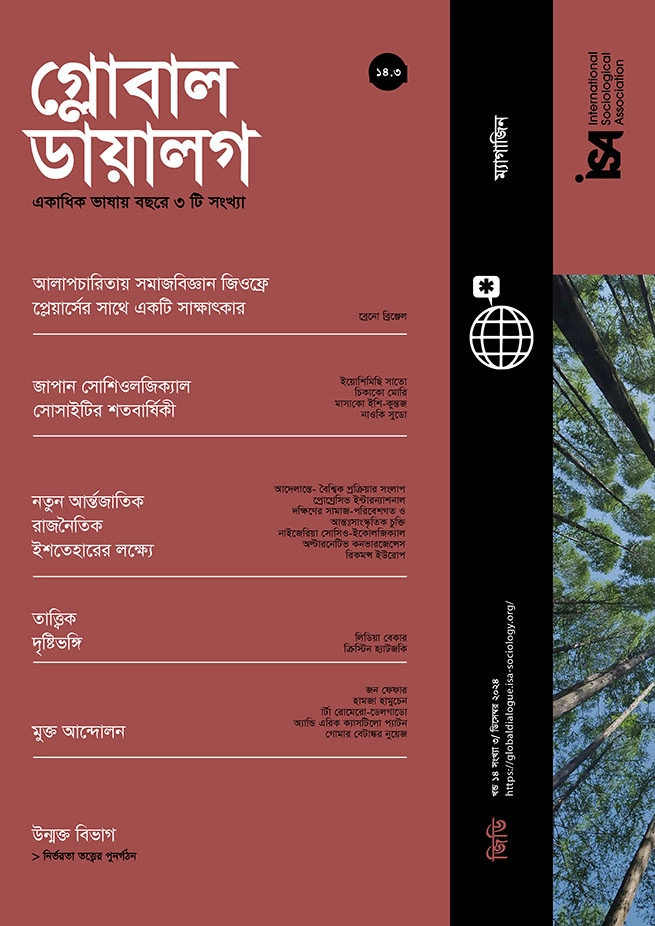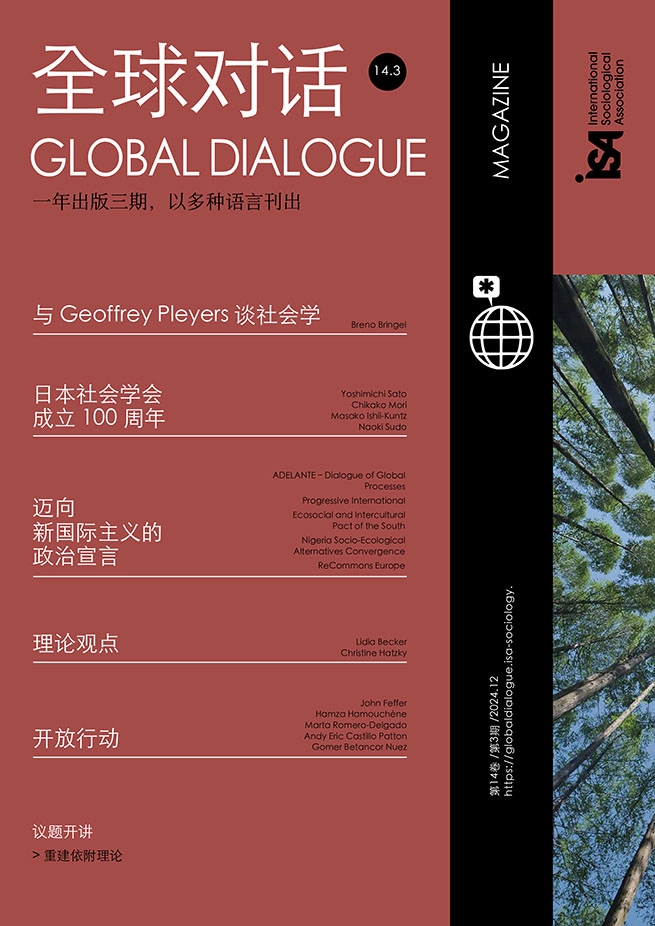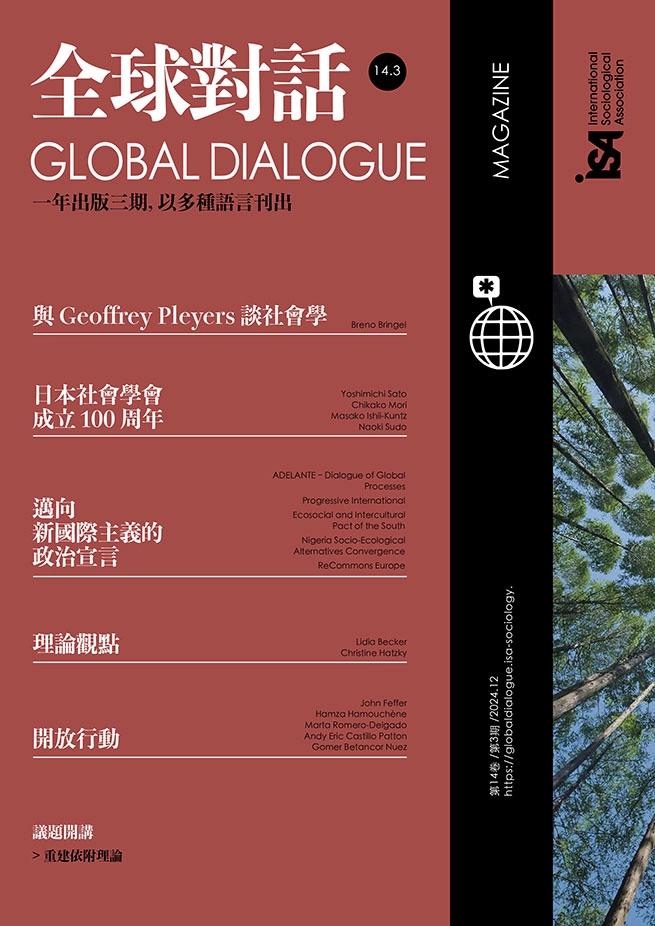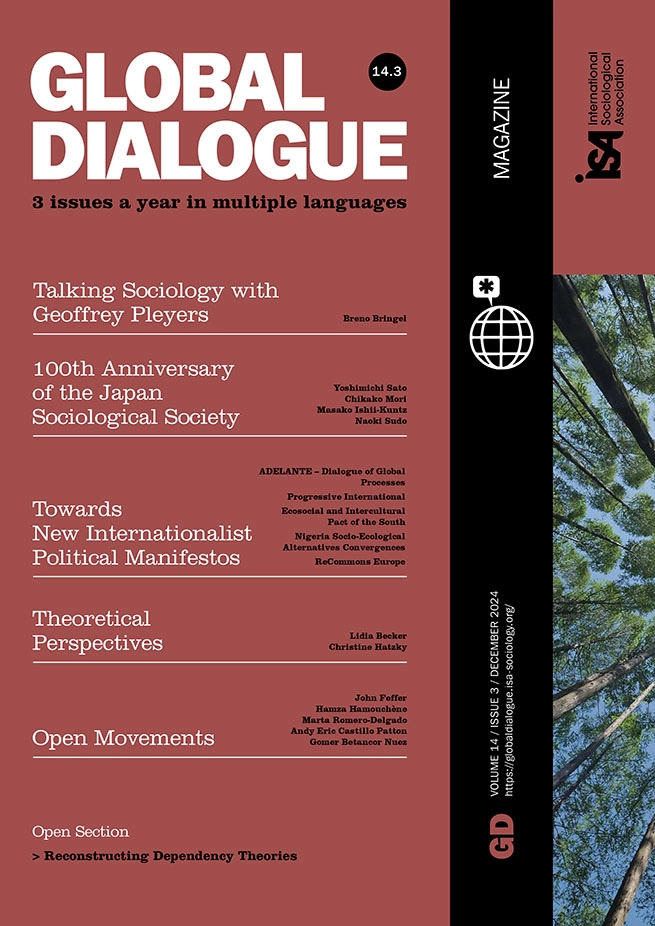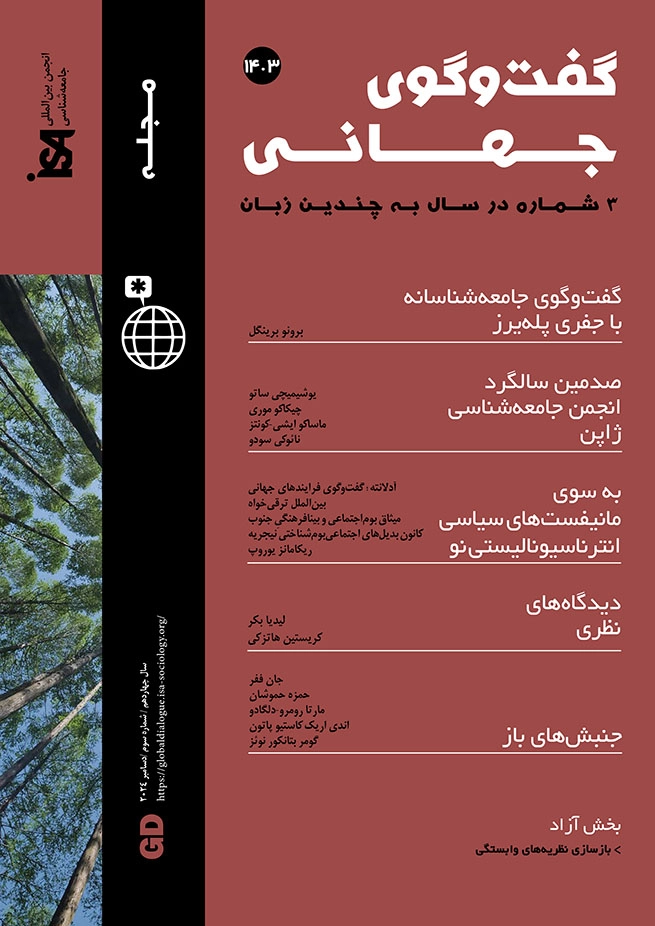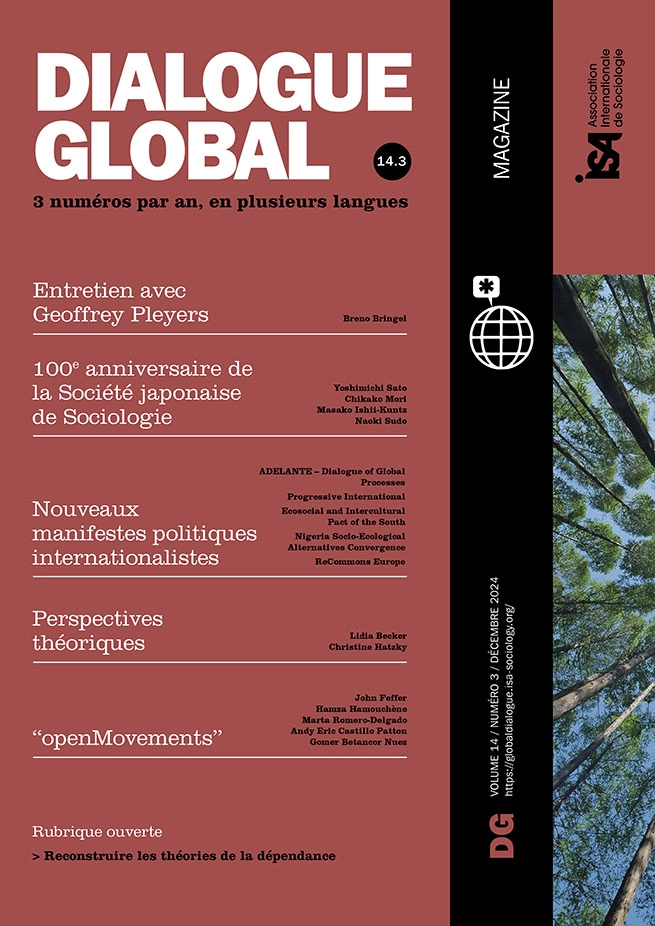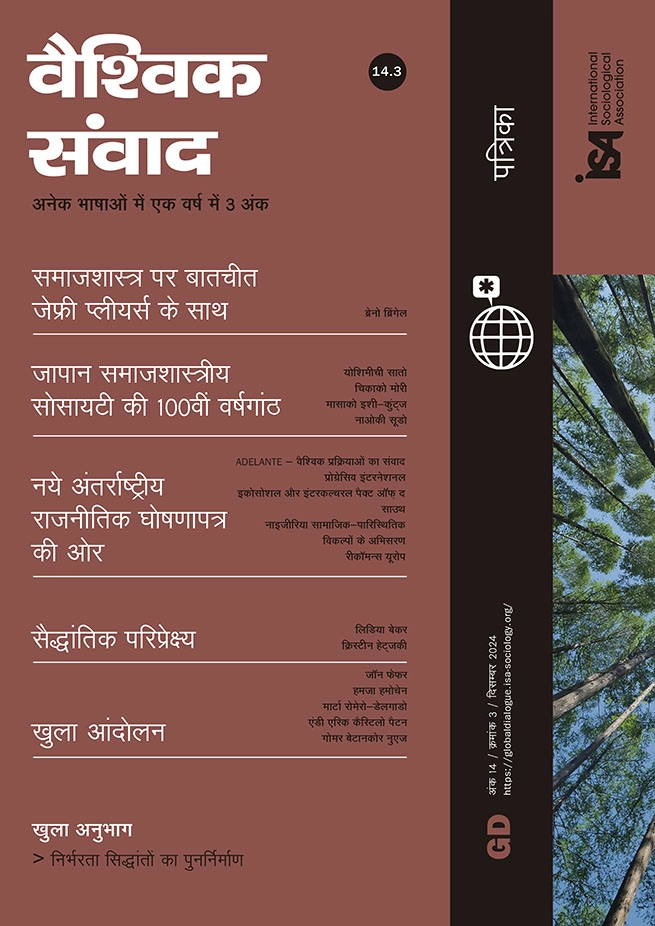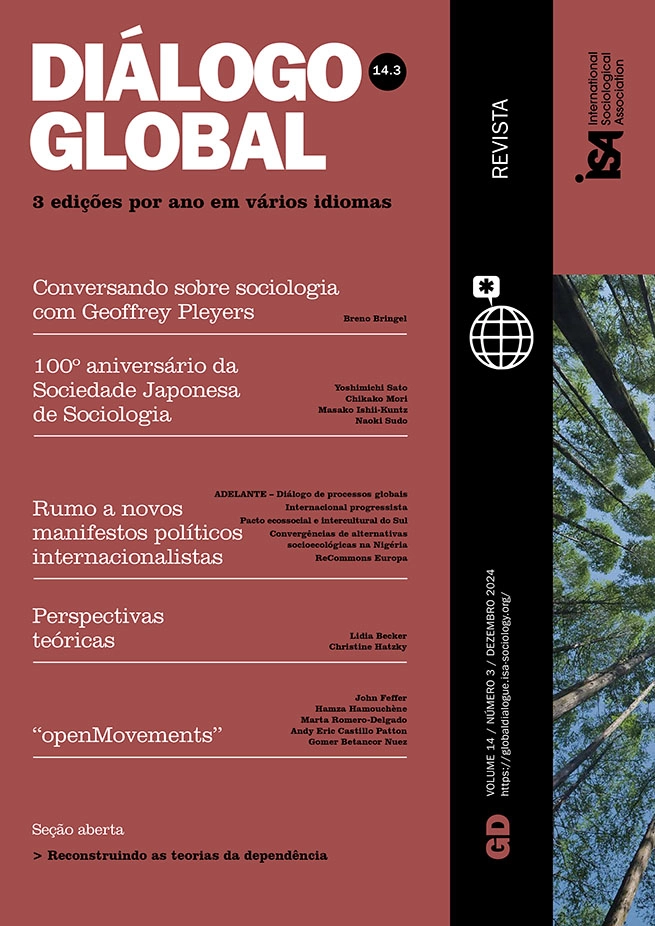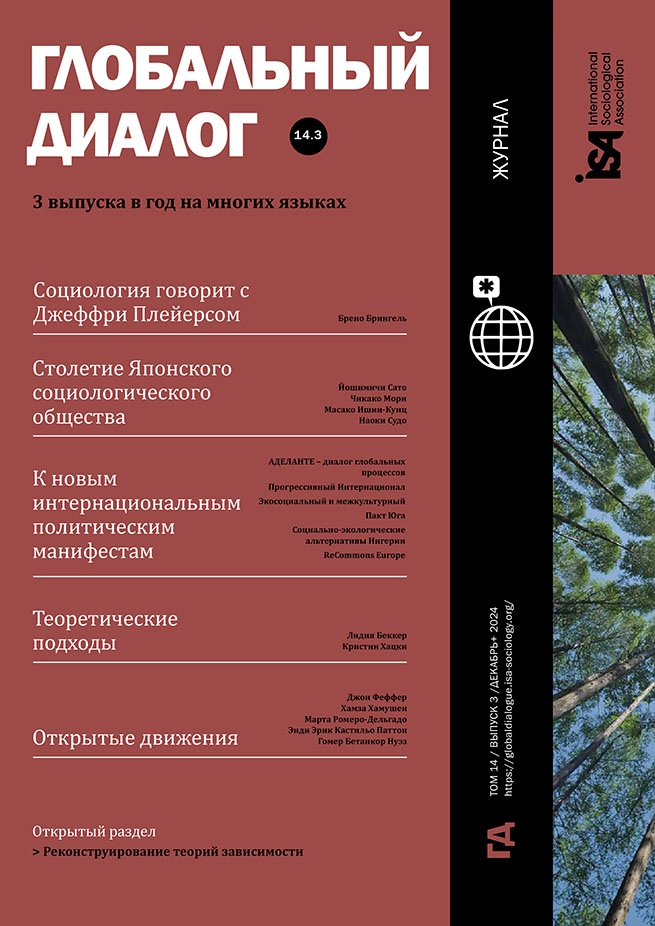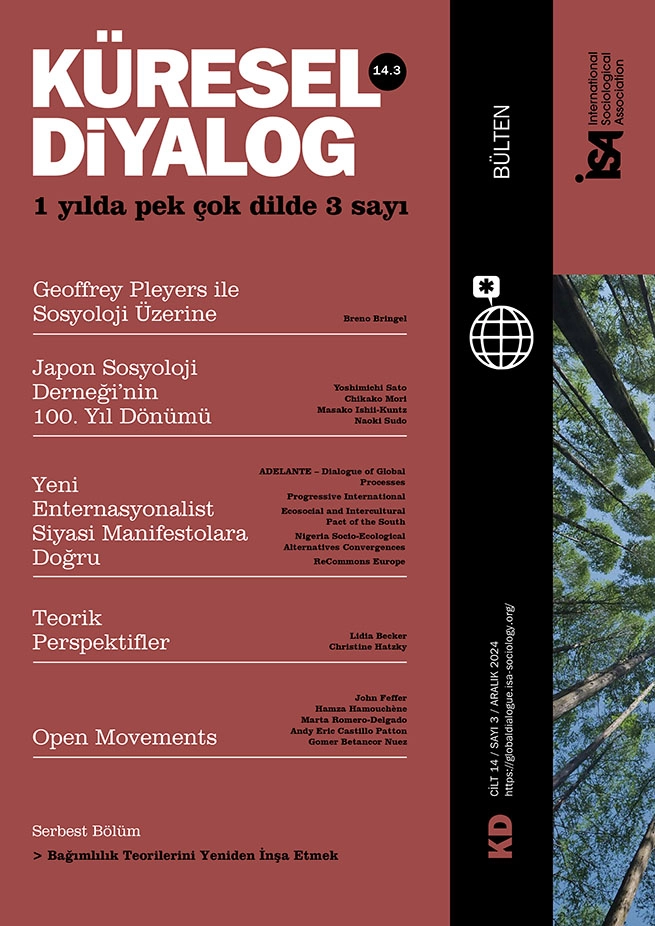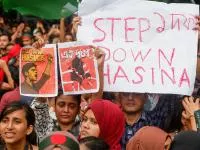Social Movements in Spain: Two Decades of Transformations
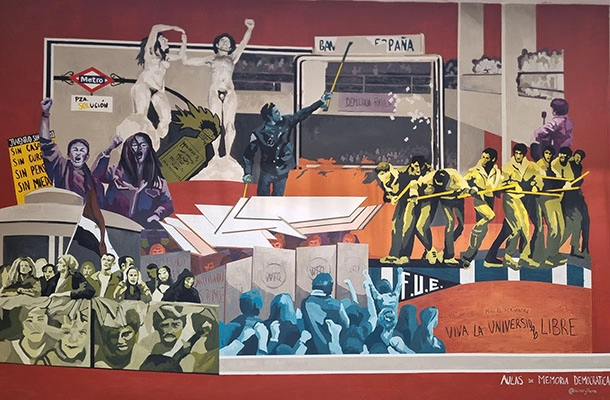
November 21, 2024
Over the last decade, social movement studies in Spain have flourished and come to offer new perspectives, highlighting the ebb and flow of a complex network of voices and divergent agendas. An increasing number of studies has focused mainly on the “Indignados” (or 15M) movement and its range of outcomes after 2011-2012. However, there is a contrasting lack of research dealing with the main transformations experienced by other social movements that were either central or peripheral to the Indignados mobilisations.
For this reason, and adopting an interdisciplinary perspective, we asked ourselves what dialogues and transformations have confronted social movements in Spain over the last two decades. Looking into their origins and reconfigurations, we edited a collaborative book. In it, Spanish feminist and LGBTQ+ activisms dialogue with labour and antiracist movements, not forgetting the dire challenges of antiwar and pacifist legacies or the upsetting reassembly of far-right movements and their connection to changing parliamentary dynamics that imply a “Europeanisation” of Spanish politics.
Interdisciplinary, dialogical, and global views
Social movement studies constitutes a field where sociology, political science, anthropology, and history, among other social sciences like social psychology or applied philosophy, bring together different problem scenarios and analyses. However, our book considers that social movement studies must consider the voices and testimonies of activists and movements from a diachronic perspective. Thus, in the volume we have edited, the interdisciplinary proposal offers dialogues with situated authorships that delve into historical and political examination. Although previous books integrate this approach within Europe, the dialogical view we provide via this project allows the possibility of bringing together studies about memories, legacies, and – more specifically – reflexive transformations and anticipations. In addition, some of the chapters offer analysis from the perspective of activist research.
Although most authors have an academic background, their research connects with life experiences involving observations of how theory and practice merge in evolving realities and upcoming concerns about gender, sex, race, labour rights, social conflict, and peace discourses in Spain. Moreover, our book focuses on the recent Europeanisation of both the agenda and characteristics of social movements and their study in Spain; this also indicates a globalisation of the topic. The concurring dialogues of the selected case studies highlight the connection of Spanish contentious politics with regional and global trends that our book analyses via an interdisciplinary approach.
Social movements in Spain
To understand global fabrics, one must consider the making of local threads. In Spain, the long shadow of Franco’s dictatorship (1936-1975) influenced the elite-directed transition to democracy and the later dynamics of Spanish politics and policies. The authoritarian legacy of the political system and the political transition enacted from above conditioned the context and ecosystem in which social movements developed in Spain for several decades. Thus, most Spanish social movements have their roots deeply embedded in the dictatorship’s formal and informal legacies. Not until the turn of the century or more recently was there a shift towards more extra-institutional actors. We have since seen an end to compulsory military service and the vindication of women’s right to abortion in the first years of this century, together with other mobilisations like the recognition of LGTBIQ+ rights or the acknowledgment of victims of the dictatorship in the early 2010s. However, recent far-right movements and political parties represent a reshaping of post-Francoist supporters with an ultranationalist and ultraconservative agenda that is currently connected to global networks in Europe and America.
Therefore, our book considers the influence of past political cultures and polity in Spain as a base to understand the different steps taken by divergent but relevant social movements before and during their Europeanisation and globalisation. Democratisation processes in Spain tackle a neoliberal international agenda and post-Francoist redoubts within the state and political–economical elites that tend to be ignored by some external analyses.
Discontinuities and pathways in current and future research
The “golden age” that the study of social movements in Spain is experiencing attracts national and international scholars and is building the field. The 15M movement opened the possibility of understanding the making of processes and alliances between social movements that encouraged citizens to participate and request democratic reforms beyond the institutional process. Moreover, it marked a turning point in academia. This phenomenon put Spain at the centre of world analysis of social movements, both because of the great repercussion of the movement and due to its great attraction for social movement scholars from abroad, who put the Spanish case under scrutiny.
Different research projects have been building a field of study in which Spanish researchers have internationalised their profiles and come closer to European networks. This convergent Europeanisation and internationalisation of the study of social movements in Spain paradoxically contributes to strengthening regional and global dialogues with other fields of research in the Global South, particularly Latin America. In this sense, our contribution to the field represents a meeting point for local and regional approaches concerning global realities and challenges for social movements. Thus, combined with the perspective of academics and activists who study the social movements in which they are involved, this diverse knowledge has given rise to a book in which theory meets reflective practice.
Although our proposal is not as innovative as some of the new approaches to the current debates on how to study social movements, we have intended to build an honest and rigorous contribution to the study of this subject, taking into account from where and for whom we write. The primary results we offer in the book are the possibility of first contact with a diachronic and dialogical study of social movements in Spain and a handbook for expanding previous knowledge in one or another movement, set of alliances, or local expressions of global trends. Moreover, we, the co-editors, worked hard to make the book available via Open Access.
Writing in Spanish represents an evident challenge to disseminating our results and this is so for all publications produced in a context marked by English not only as a working language, but also as a way of thinking and framing political and social problems, conflicts, and actors. This challenge particularly affects academics and activists from countries on global and regional peripheries. We hope it will be translated in the not-too-distant future to make access to its content easier for non-Spanish-speaking audiences and meanwhile that the resonances with other realities and languages of Global Dialogue can help make these dialogues possible.
Marta Romero-Delgado, Universidad Complutense de Madrid, Spain <martaromerodelgado@ucm.es>
Andy Eric Castillo Patton, Universidad Complutense de Madrid, Spain <aecastillopatton@ucm.es>
Gomer Betancor Nuez, Universidad Nacional de Educación a Distancia, Spain <gbetancor@poli.uned.es>

